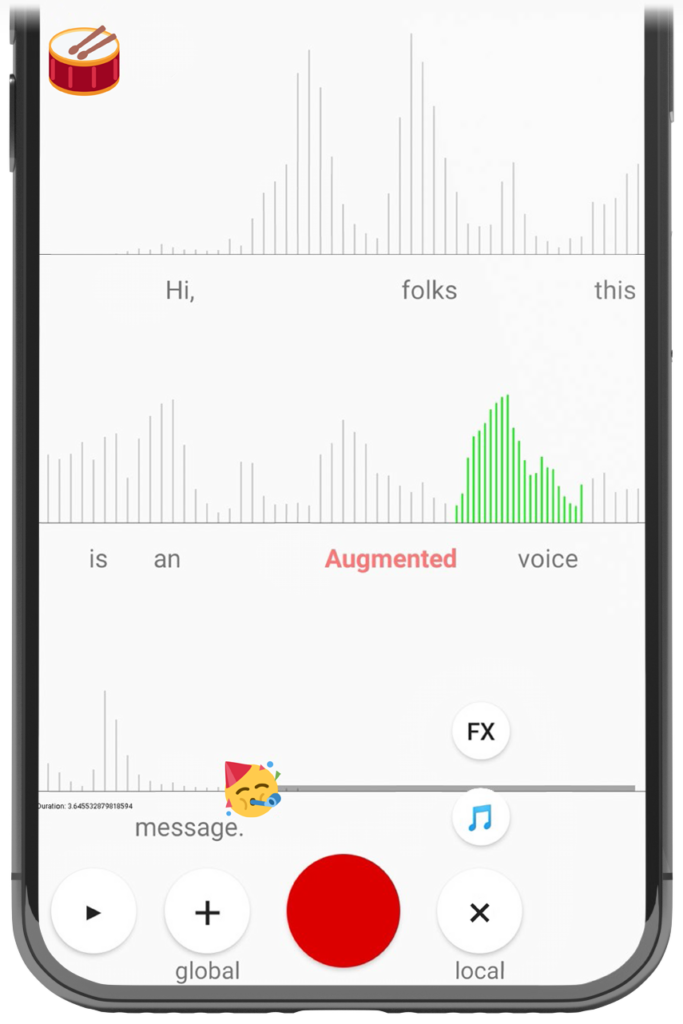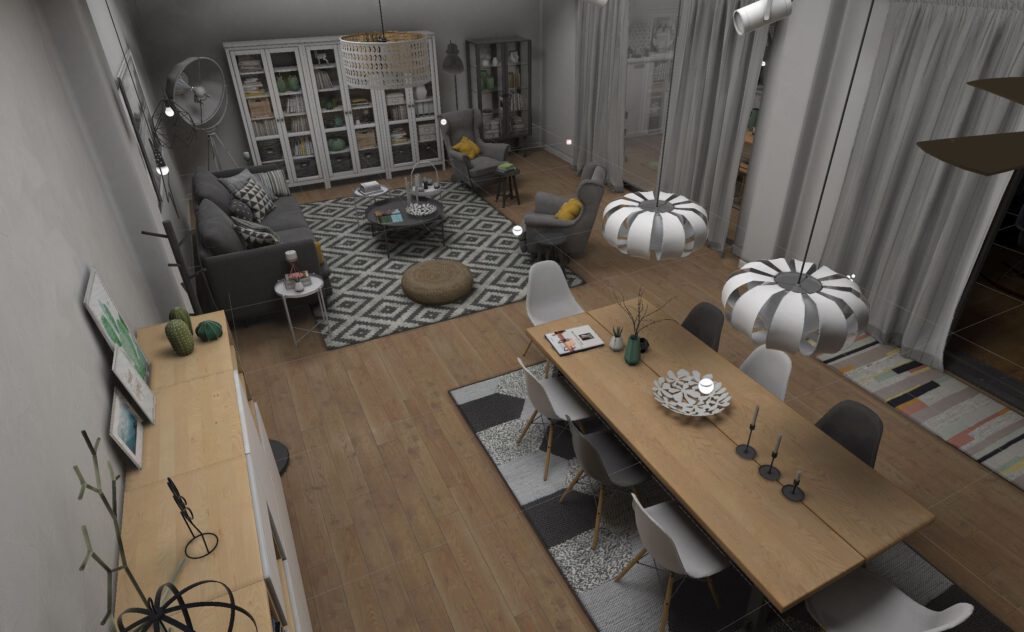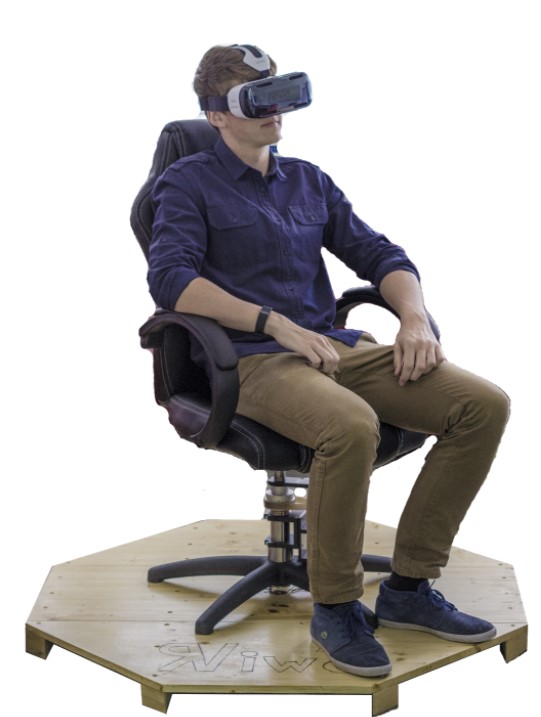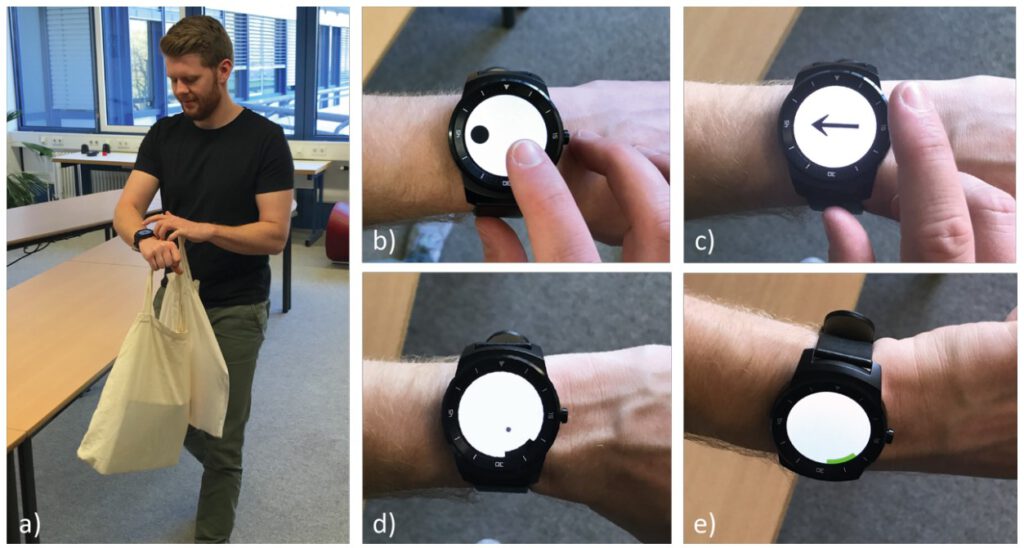Keep It Short
Voice assistants are emulating human behavior by responding in complete sentences. Thereby they are limiting the design options which prevents them from meeting their full potential. We implemented an assistant that handles requests in three response styles: two differing short keyword-based response styles and a full-sentence baseline. A user study showed that the short responses were perceived similarly useful and likable while being perceived as more efficient, especially for commands. Try it here.

VoiceMessage++
Videos, images, and text shared on social media are often visually enriched through emojis & stickers for personalization and higher expressiveness. While voice messages are experiencing a high usage, they currently lack any form of digital augmentation. This work is the first to present and explore the concept of augmented VMs.

BOTani
Voice assistants raise in popularity and today can be found in many households as plain, abstract speaker systems. However, research has shown that conversational agents benefit from embodiment and higher behavioral realism. BOTani, embedded into a living plant, is leveraging the interdependent relationship of humans and plants to enable a more natural conversation between humans and machines.

“They Like To Hear My Voice”
Voice messaging has a strong tendency to polarize. To provide an understanding of this modality, we started by conducting an online survey (n= 1,003) exploring who is using voice messages, their motives, and utilization. In a consecutive field study (n= 6), we analyzed voice messaging behavior of six avid voice message users in a two-week field study.

Interactive Auditory Mediated Reality

Many people utilize audio equipment to escape from noises around them, leading to the desired isolation but also dangerously reduced awareness. Mediation of sounds through smarter headphones could address this by providing nonuniform interaction with sounds while retaining a comfortable, yet informative soundscape.
SwiVRChair
SwiVRChair, a motorized swivel chair to nudge users’ orientation in 360 degree storytelling scenarios. Since rotating a scene in VR leads to simulator sickness, storytellers currently have no way of controlling users’ attention. SwiVRChair allows creators of 360 degree VR movie content to be able to rotate or block users’ movement to either show certain content or prevent users from seeing something.

Smartwatch Interaction
Smartwatches are designed for short interactions in mobile contexts. However, little data is available on how present mobile conditions affect interaction with these devices. In this work, we investigate the effects of walking, carrying items like shopping bags and wearing the watch on the (non-)dominant hand on interaction techniques present with current devices: tapping targets, swiping, and flicking the wrist.

